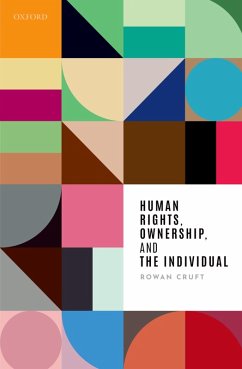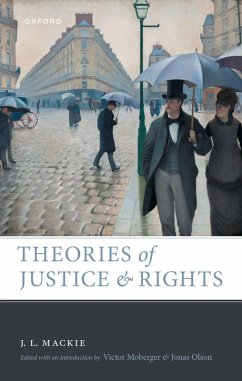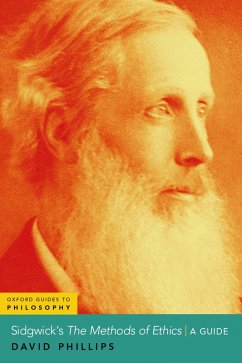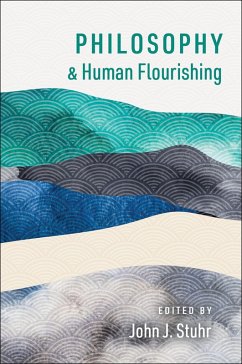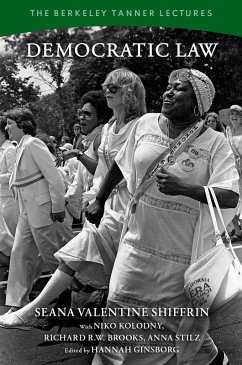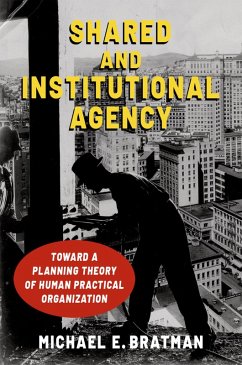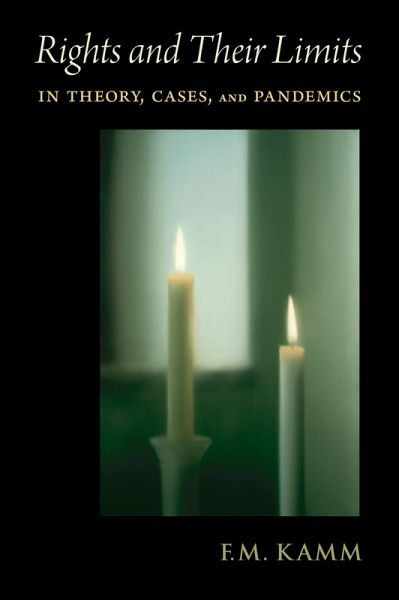
Rights and Their Limits (eBook, PDF)
In Theory, Cases, and Pandemics
Versandkostenfrei!
Sofort per Download lieferbar
38,95 €
inkl. MwSt.
Weitere Ausgaben:

PAYBACK Punkte
19 °P sammeln!
In this volume, F.M. Kamm explores how theories as well as hypothetical and practical cases help us understand rights and their limits. The book begins by considering moral status and its relation to having rights (including whether non-human animals have rights and what rights future persons have). The author then considers whether rights are grounded in duties to oneself, which duties are correlative to rights, and whether neuroscientific and psychological studies can help determine what rights we have. Kamm next investigates the contours of the right not to be harmed by considering critique...
In this volume, F.M. Kamm explores how theories as well as hypothetical and practical cases help us understand rights and their limits. The book begins by considering moral status and its relation to having rights (including whether non-human animals have rights and what rights future persons have). The author then considers whether rights are grounded in duties to oneself, which duties are correlative to rights, and whether neuroscientific and psychological studies can help determine what rights we have. Kamm next investigates the contours of the right not to be harmed by considering critiques of deontological distinctions, the costs that must be undertaken to avoid harming, and a proposal for permissibly harming someone (that allows for resisting the harm) in the Trolley Problem. Additional chapters cover possible implications of the Trolley Problem for such practical issues as correctly programming self-driving cars, providing medical treatments, and enacting redistributive economic policy. Kamm concludes the book by comparing the use of case-based judgments about extreme cases in moral versus aesthetic theory, and by exploring the significance of the right not to be harmed for morally correct policies in the extreme cases of torture and a pandemic. Where pertinent, Kamm considers the views of Derek Parfit, Tom Regan, Christine Korsgaard, Shelly Kagan, Ronald Dworkin, Amartya Sen, Allan Gibbard, Joshua Greene, Arthur Danto, and Judith Thomson, among others.
Dieser Download kann aus rechtlichen Gründen nur mit Rechnungsadresse in A, B, BG, CY, CZ, D, DK, EW, E, FIN, F, GR, HR, H, IRL, I, LT, L, LR, M, NL, PL, P, R, S, SLO, SK ausgeliefert werden.




